All CBS canteens get permanent recycling stations and a return system
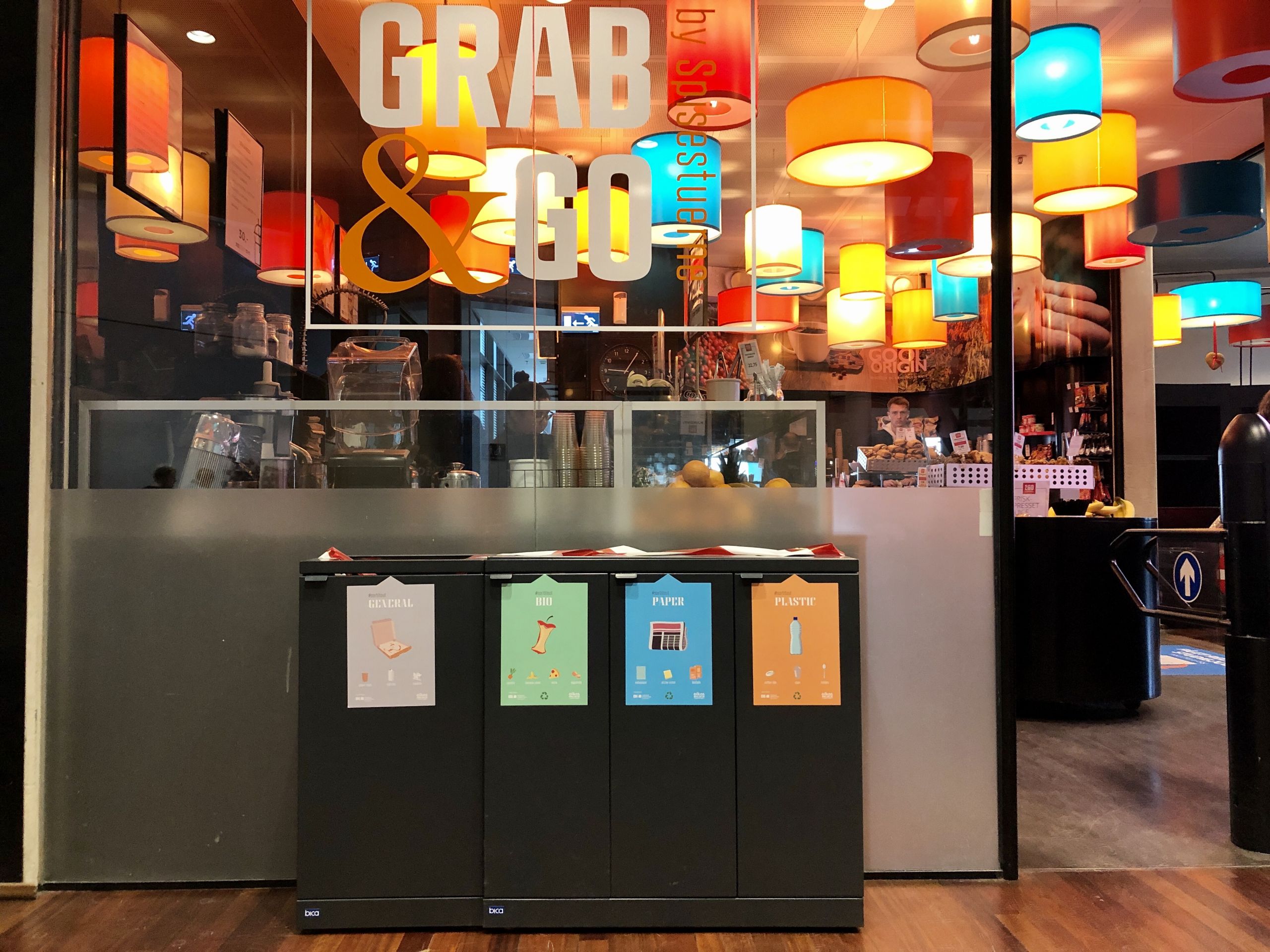
The recycling stations have been put up at all of CBS' six canteens. (Photo: Anne M. Lykkegaard)
It started as a student-driven pilot project, and now CBS has permanent recycling stations at all its canteens. Departments and learning environments are next on the list along with a three-month pilot deposit system for cans and bottles. The profit, if there is any, will be spent on green initiatives at CBS.
The results were clear. By the end of the three-month pilot project last summer, more than 50 percent of the waste at Spisestuerne’s canteen at Solbjerg Plads was being sorted at the recycling stations, compared to zero percent before the project.
Now, the recycling stations, which were set up on the initiative of the student organization oikos Copenhagen, are now being permanently installed at all of Spisestuerne’s canteens at CBS, explains Tore Klitgaard, Green Program Leader at CBS.
“CBS aims to reduce its general waste from 1/3 to 1/5, and only by sorting it can we meet that goal. So it’s a must do. Also, the more we sort, the more can be recycled, less is burned, and it will ultimately save us money, as it is cheaper for CBS to get the sorted waste picked up,” he says.
The idea for on-site recycling stations came from students from the students organization oikos Copenhagen last year. They were surprised that waste could not be sorted, and in collaboration with Tore Klitgaard they started up a pilot project, which has now become a permanent feature.
“It’s very nice to see that the recycling stations are here to stay. I’m quite surprised that we have been able to make this happen within a year, and it shows that the students’ work has been acknowledged,” says Julia Köhler, CBS student and President of oikos Copenhagen.
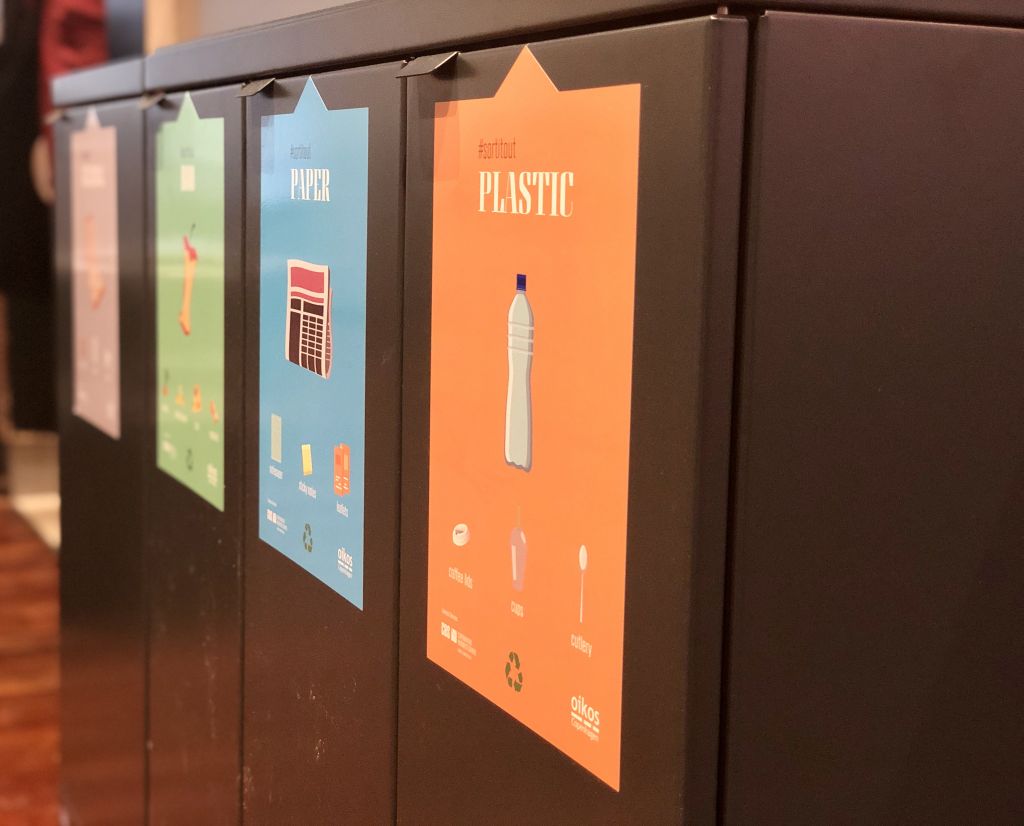
The recycling station has four different categories; general waste, bio, paper and plastic. (Photo: Anne M. Lykkegaard)
During the pilot project, students and faculty members could sort their waste into five different categories; general waste, bio, paper, soft plastic and hard plastic. However, the new recycling stations will feature only one bin for hard plastic, explains Tore Klitgaard.
“Monitoring the recycling bins showed that only three percent of the waste was soft plastic, and often it’s hard for people to sort it correctly. Instead, we are now focus on hard plastic, and ask people to throw out soft plastic, which are often food wrappings that are contaminated and can’t be recycled anyway,” he says.
At the end of the day, the cleaning personnel pick up the different bags of recycled waste and take them to the basement. Here, four different sections have been allocated with clear signs for what goes where, according to Tore Klitgaard.
And although some waste may have ended up in the wrong bins, that risk is still worth running.
“Even though some of the waste isn’t sorted correctly, that is no argument for not sorting it,” says Tore Klitgaard.
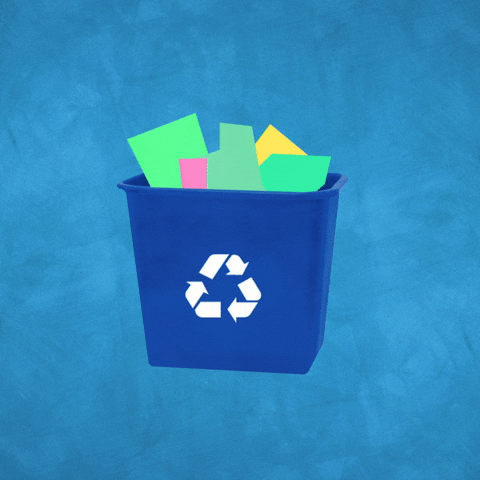
Julia Köhler hopes that students and faculty members will spend a little time sorting their waste, now that they have the opportunity.
“I’m curious to see what happens in the long run, will it still be working? I hope so. And I hope that we can educate people to recycle their waste and encourage more eco-friendly habits,” she says.
Deposits from bottles and cans for green projects
The new recycling stations are being launched during so-called Green Week, March 10 – 12 at CBS, when students and faculty members can attend various events, talks and workshops on sustainability. And another initiative is also being launched; a deposit system for cans and bottles.
During a new three-month trial, you will be able to deposit your bottles and cans at five different Solbjerg Plads locations. A company called Elepanten will empty the cans and bottles from the containers and return them to Dansk Retursystem for recycling.
“As it is now, people either take their bottles and cans with them and return them elsewhere, or just throw them out with general waste, which means they get burned. So for the next three months, we will monitor whether having a deposit system at CBS makes sense,” says Tore Klitgaard.
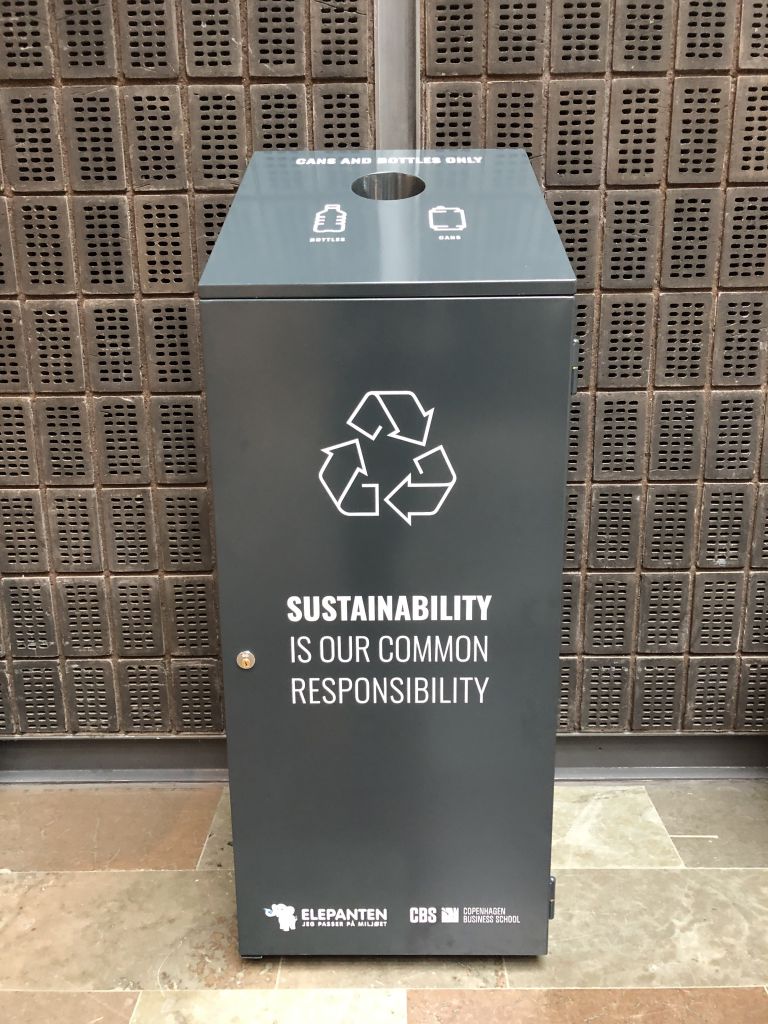
The return system containers have been put up in five different locations at Solbjerg Plads and look like this. (Photo: Anne M. Lykkegaard)
He explains that the containers have sensors to measure when they are full and need emptying.
The money generated from the cans and bottles will be spent on paying the Elepanten collection expenses, and the remainder, if any, is shared with CBS.
“Whatever profit is left will be spent on green initiatives on campus, but as we have no clue how much money the deposit system may make, it’s difficult to say how much money will be generated,” says Tore Klitgaard.



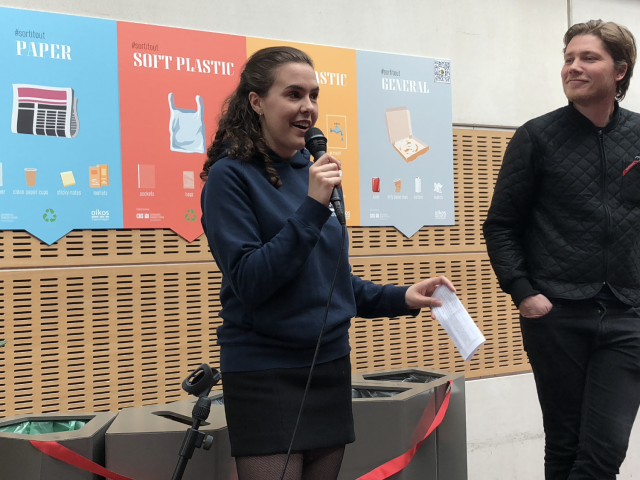
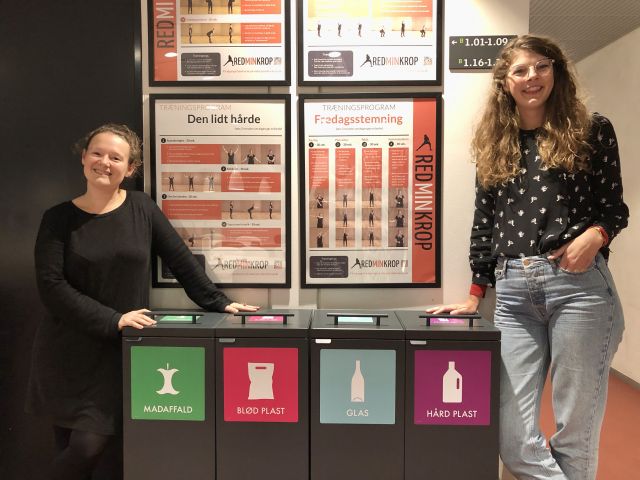
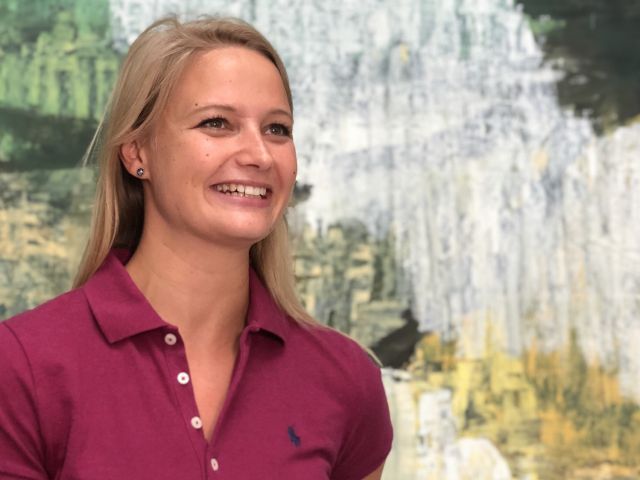
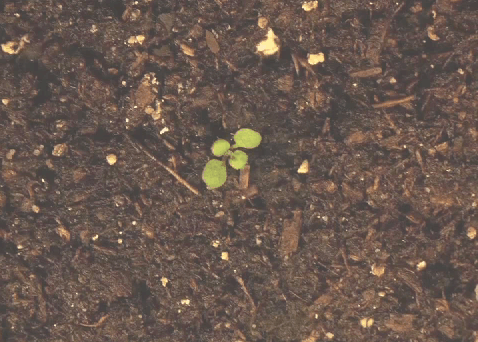
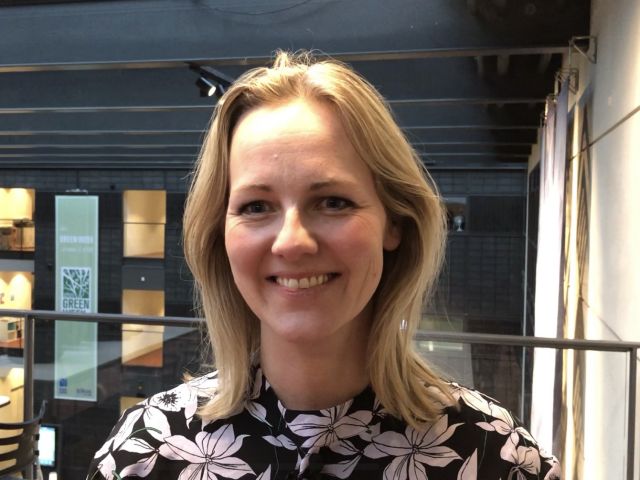
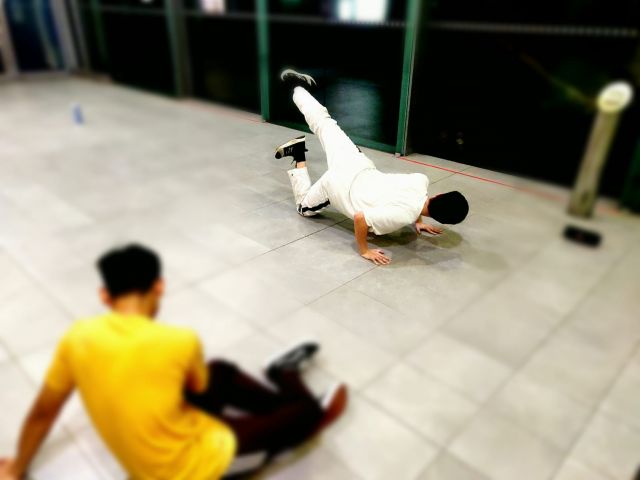





























































































































Comments